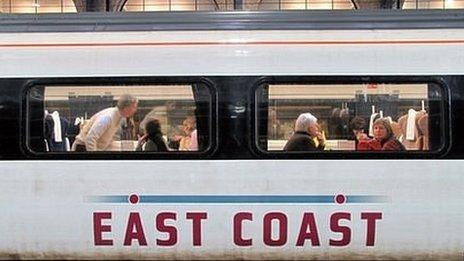Andy Burnham pledges to renationalise railway network
- Published
- comments
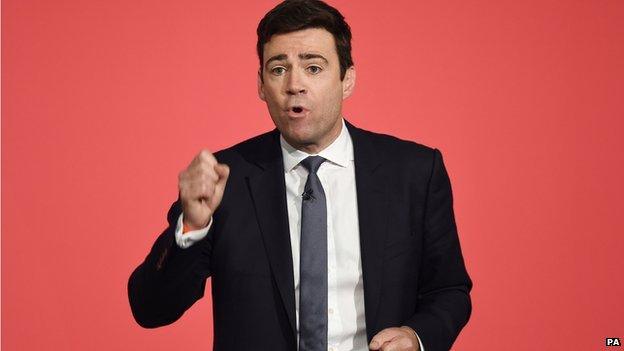
Labour leadership contender Andy Burnham has promised to renationalise Britain's railways "line by line" if he becomes prime minister.
The shadow health secretary pledged to bring an "end to fragmentation and privatisation".
Left-wing candidate Jeremy Corbyn has already committed himself to returning the railways to public ownership.
Yvette Cooper and Liz Kendall are the other candidates hoping to replace Ed Miliband on 12 September.
British Rail was privatised under John Major's Conservative government.
Going into the general election Labour promised to review the current franchising system, under which the different rail routes are allocated on a competitive tender basis, and to allow public sector organisations to bid.
A YouGov survey , externalin May 2014 suggested that the public supported renationalisation by a margin of 60% - 20%.
Mr Burnham recently called for, external "more public control and ownership of the railways".
His campaign manifesto will set out more detail, committing Labour to "a policy of progressive re-nationalisation of our railways". There would also be increased regulation of the bus network.
"We need a new approach to our railways, one that puts passengers before profit. That's why I will work to bring the railways back under public control and public ownership," he will say in his manifesto.

Labour leadership contest
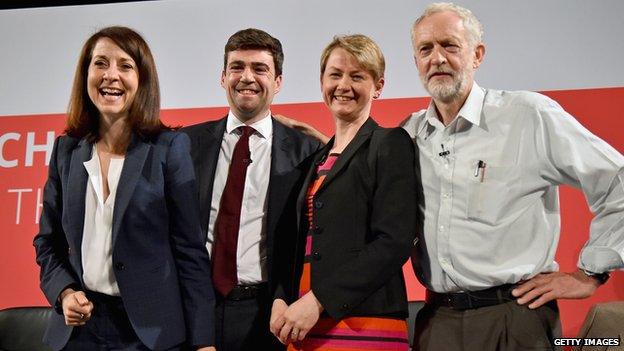
Liz Kendall has been urged to back Andy Burnham or Yvette Cooper to defeat Jeremy Corbyn
Who are the candidates? Andy Burnham, Yvette Cooper, Jeremy Corbyn, Liz Kendall
Dates: Ballot papers will be sent out on 14 August; voting can take place by post or online. They must be returned by 10 September. The result is on 12 September
Who can vote? All party members, registered supporters and affiliated supporters - including those joining via a union
What is the voting system? The Alternative Vote system is being used so voters are asked to rank candidates in order of preference
How does it work? If no candidate gets 50% of all votes cast, the candidate in fourth place is eliminated. Their second preference votes are then redistributed among the remaining three. If there is still no winner, the third place candidate is eliminated with their second preferences (or third in the case of votes transferred from the fourth place candidates) redistributed. It is then a head-to-head between the last two candidates

Mr Burnham criticised the decision to return the East Coast mainline route - which had been publicly run since 2009 - to the private sector earlier this year.
The move was opposed by Labour at the time but was hailed by the government as a "fantastic deal for passengers".
Mr Burnham's pledge comes after Mr Corbyn went from an outsider to a frontrunner in the leadership election, topping an opinion poll and winning more constituency party nominations than any other candidate.
This has led to warnings from some senior figures within the party about a shift to the left.
As well as backing rail renationalisation, the Islington North MP also supports a publicly-run service delivering energy supplies.
Labour's new leader will be announced at a special conference on 12 September.
- Published3 March 2015
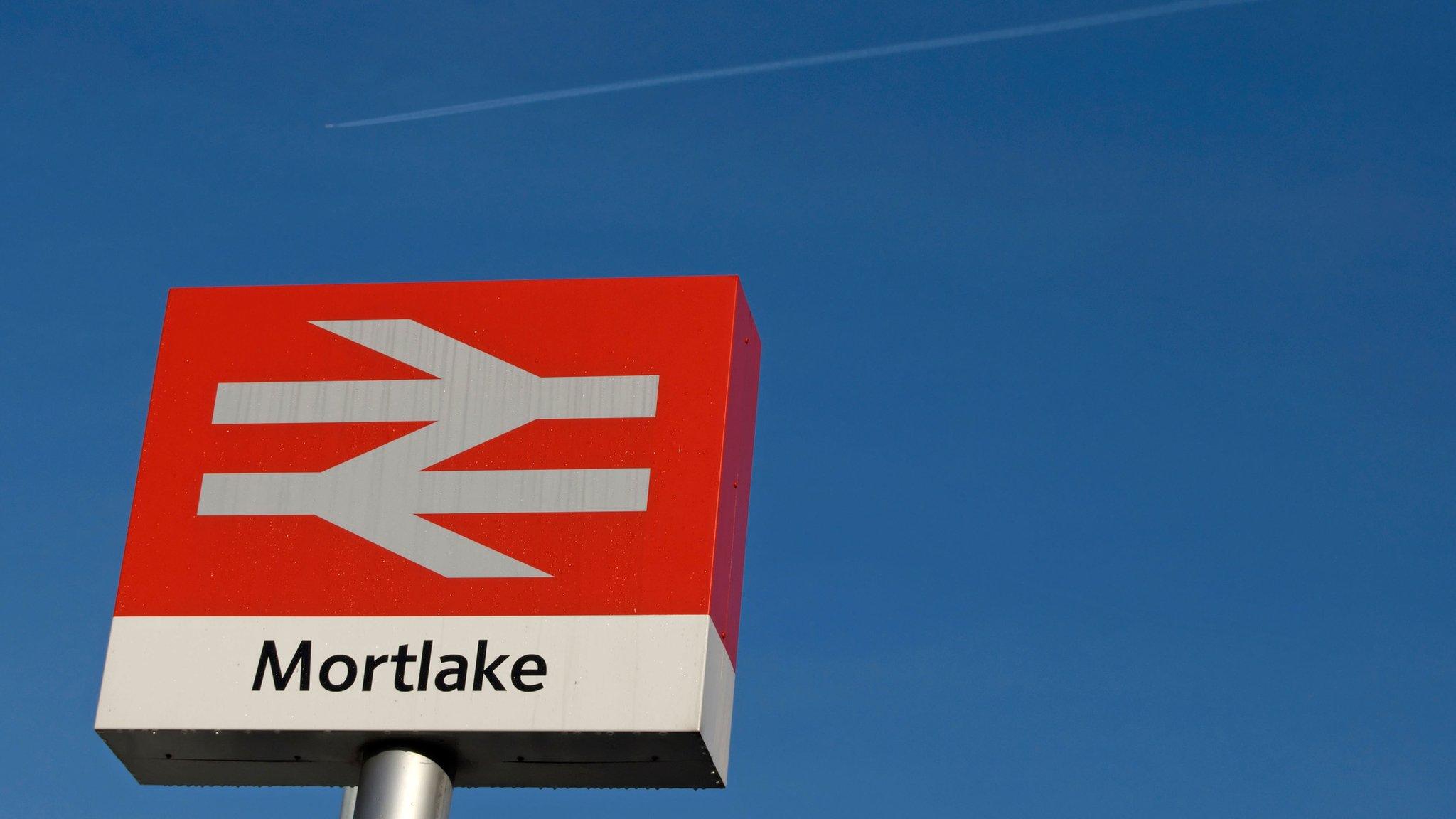
- Published22 January 2013
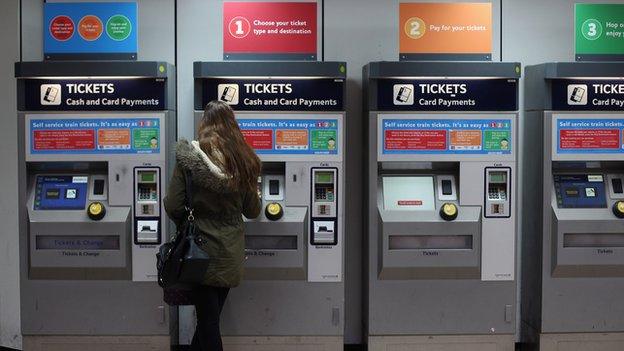
- Published4 May 2014
